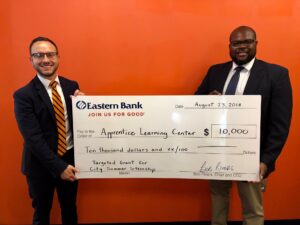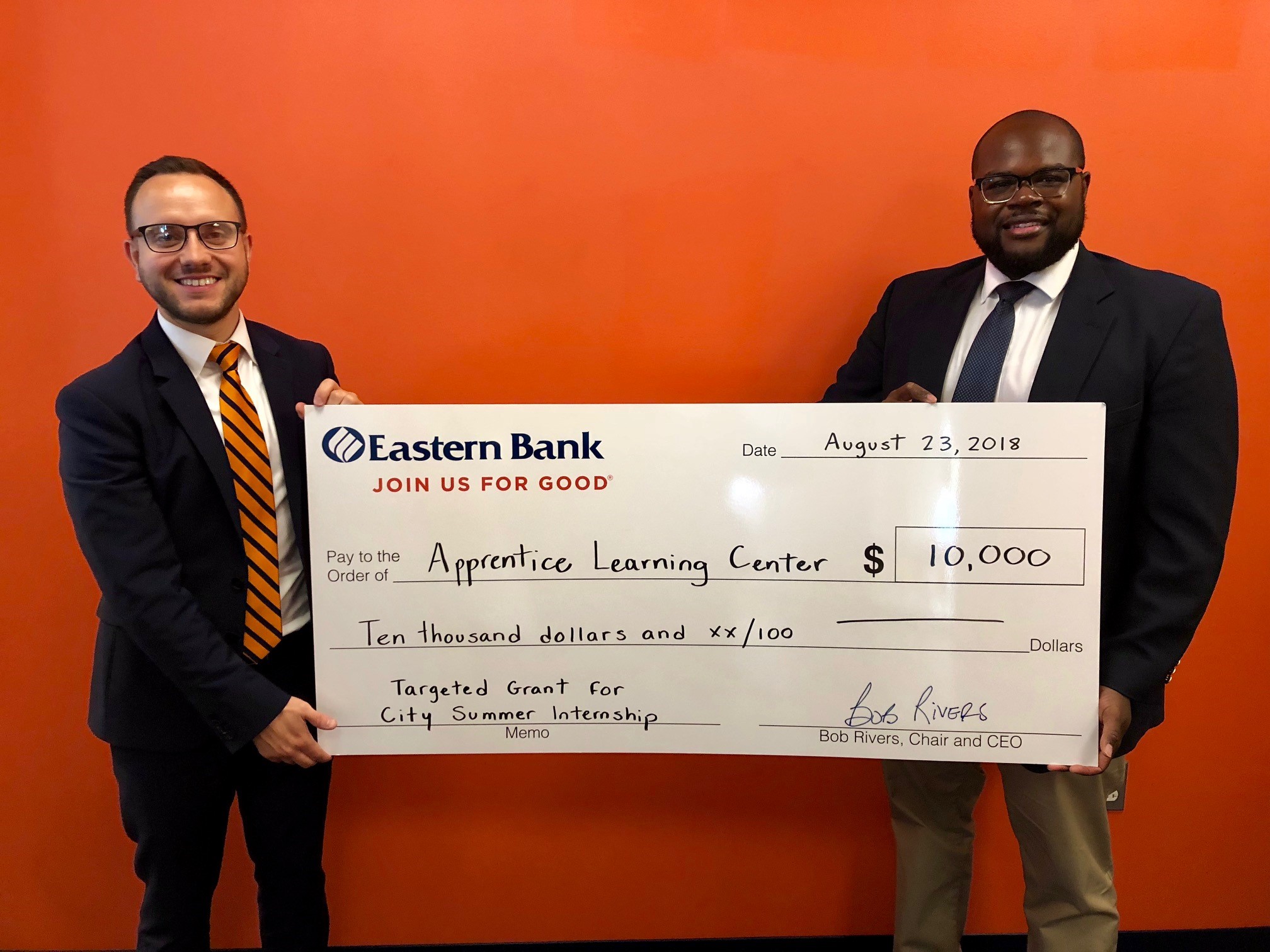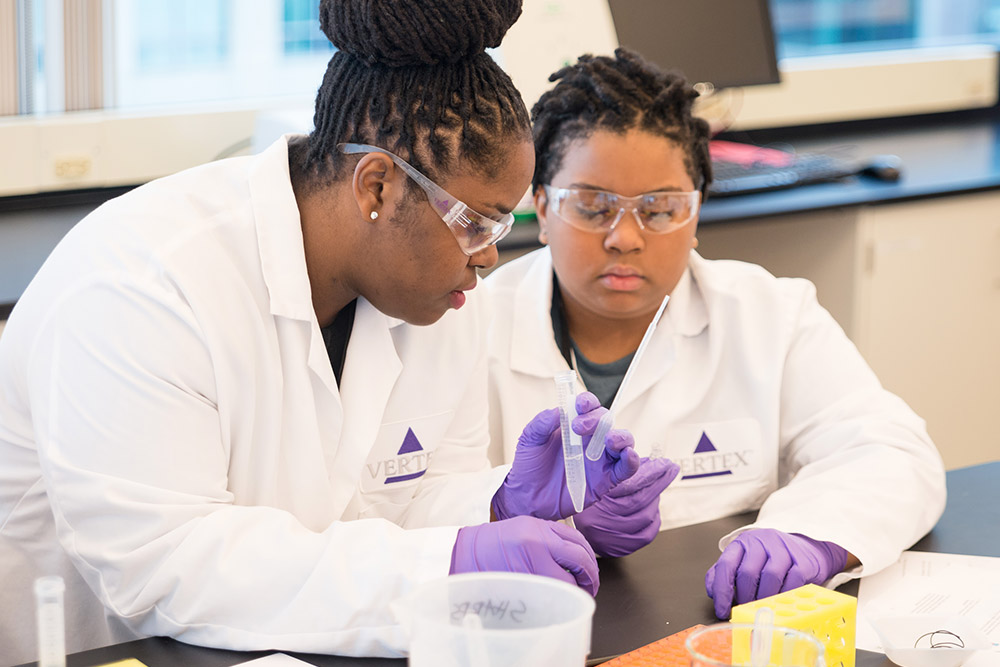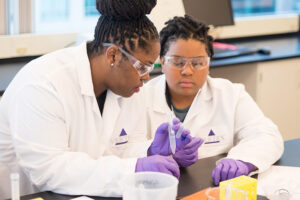The popular press has reams of articles about how not to take things too seriously. In our business working with middle school students, sometimes, we have the opposite problem.
This is the midpoint of the school year—and the time when students edge up to the point of no return. Their toes are on the precipice of failing 8th grade. Warning notices go home this week that say ‘If the student cannot improve, completion of summer school will be required before the student may advance to high school. Staying back in 8th grade. That’s not good.
At home and at school, conversations with the student might go something like this, ”Why aren’t you taking this seriously?” At this point, not taking school—and their academic future—seriously what can we do to disrupt this downward spiral? All too often, the adults are puzzled and frustrated by this disengagement.
What does it take to create a seriousness of purpose for a student who is off track? What would spark their engagement? Many students have stellar qualities: they are organized, have strong interpersonal skills, many are punctual and reliable. But without the engagement engine these attributes are sleepers.
For a student relegated to spend five weeks from 8 am to 2 pm in a summer school classroom, what could make the experience worthwhile and valuable?
We see Apprentices who are engaged in their preparation for work and have a very high degree of seriousness. What’s the secret sauce?
Kurt Hahn, founder of the Outward Bound movement once said,
” …There are three ways of trying to win the young. There is persuasion. There is compulsion and there is attraction. You can preach at them; that is a hook without a worm. You can say, “you must volunteer.” That is the devil. And you can tell them, “you are needed” that hardly ever fails.”
Apprenticeships create a place in the world for students to feel needed. They are an invitation to work alongside and join an effort to be of service. Here’s what the Apprentices have to say,
“When my boss taught me how to check people out, I was so excited. I had really wanted to do it. It taught me how to operate a cash register and give people the correct amount of change. It was fun and helped me use my math skills in the ‘Real World’.” – Kaya, Apprentice at Boing! Toy Shop
This prepares us (8th graders) for high school life, not just high school but life itself. I came in here scared is worried—would anyone like me? Is everything gonna go by fast? Slow? It’s worth it because you have a good time and learn skills. I don’t think there was a single dull moment. We have a good time and I learned lots of useful skills. —Yanisa, Apprentice at Thrift Shop of Boston.
As educators, our charge is to create authentic learning experiences that provide a compelling reason for students to take their learning seriously. It’s high stakes learning with clear purpose: to be needed. Ideally, students understand that learning math can mean they will be useful in the world.





